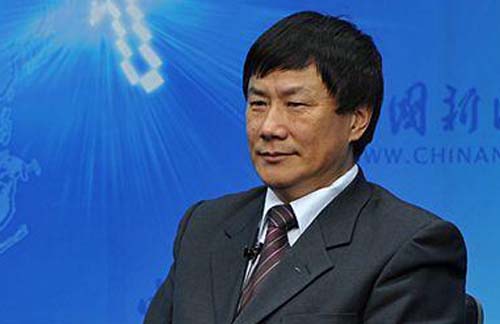|
 |
|
Zhang Yansheng, Director of the Institute for International Economics Research of the National Development and Reform Commission |
In the second half of 2010, the U.S. Federal Reserve announced that it would start a second round of quantitative easing in order to reverse high unemployment rates. While stimulating the U.S. economy, the policy also created an economic bubble and "false prosperity" in other industrialized countries. "Once the bubble bursts, it will deal a blow to China's economy and foreign trade," said Zhang Yansheng, Director of the Institute for International Economics Research of the National Development and Reform Commission (NDRC).
Since the beginning of 2010, major economic powers like the United States, the European Union and Japan have opted for protective trade policies; Trade protectionism has been on the rise all over the world. Over the past two years, China has encountered trade frictions extending from low value-added industries like textile to technology-intensive and high value-added industries, such as new energy, electronics industry and IT industry. These trade frictions were not only targeted at specific products, but also industrial policies and exchange rate mechanisms.
Due to the excessive liquidity worldwide, a weak U.S. dollar and market speculation, prices of energy resources in the international market are likely to keep rising, which will directly drive up the prices of raw materials in the domestic market. Meanwhile, the pressure from resources and environment is mounting and the pricing reform on resource products has become more urgent, which will also push up raw materials' prices. "These factors will make inroads into the profitability of China's exports-oriented companies," said Zhang.
China's Ministry of Commerce has recently released a report on the overall environment of China's foreign trade, saying that China's foreign trade will continue to grow in 2011, but probably at a lower speed.
The Institute for International Economics Research of NDRC estimates that China's foreign trade surplus for 2010 will be $180 billion and will drop to $126 billion for 2011. |
